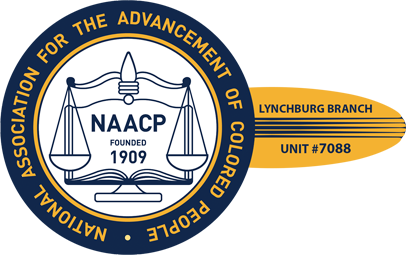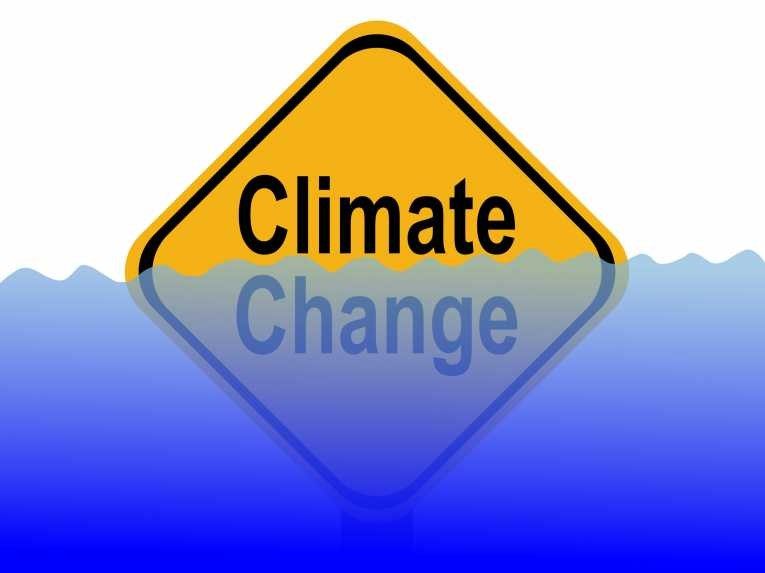
The 2015 Paris Climate Accord between almost 200 countries brought together the developed and developing worlds to pledge limits on the fossil-fuel pollution that causes climate change. Those pledges are voluntary and non-binding. The goal is to hold the rise in temperatures to below 2 degrees Celsius (compared with preindustrial levels), and preferably to 1.5 degree, at the end of this century to avoid the rising seas and superstorms that climate models predict. Former President Obama joined the agreement on behalf of the U.S. in September 2016; yet on June 1, 2017, President Trump announced his intention to withdraw the U.S. from this crucial accord.
From Hurricane Katrina in 2005, to the more recent flooding in Houston due to Hurricane Harvey in 2017, as well as numerous other weather-related catastrophes including heat waves, hurricanes, and cyclones, to name a few we have witnessed what can be caused by increasingly dangerous weather systems. The amplified ferocity of these storms is but one result of climate change, and it perhaps offers us the best insight into its disparate impact. Low income Americans and racial and ethnic minorities have fewer resources with which they can prepare for, defend against, or use to clean up after a disaster. Furthermore, nations such as those on the continents of Africa and Asia are experiencing horrific weather-related problems they are not equipped to deal with.
For more information on the problem, as well as an NAACP-supported solution, please see the attached Action Alert and take Fast Action!


Recent Comments